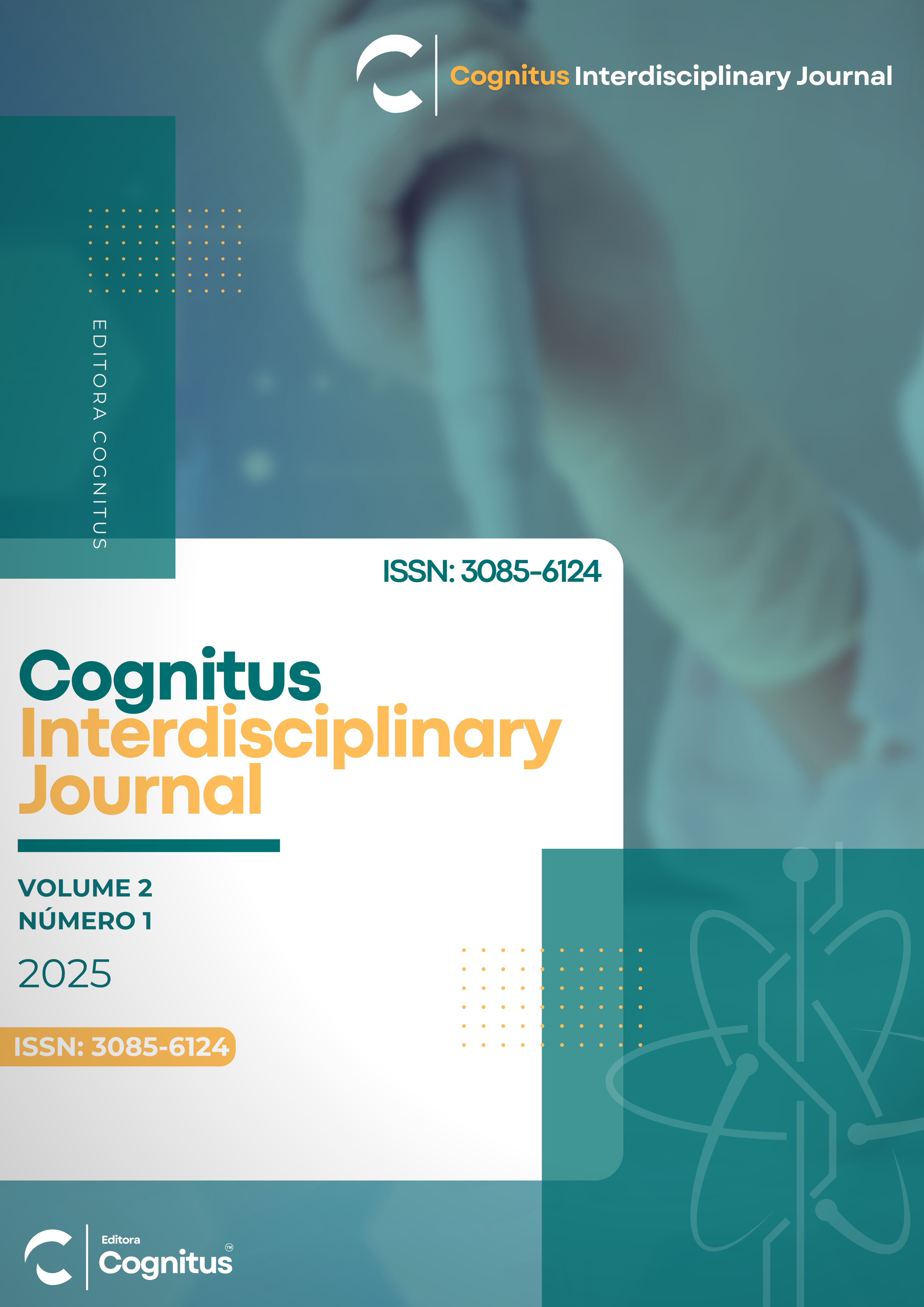Experience of Hearing Voices: Experiences, Coping Strategies and Psychosocial Supporters in Individuals with Psychotic Disorders
DOI:
https://doi.org/10.71248/4h2h1v97Keywords:
Capacidades de Enfrentamento, Transtornos Psicóticos, Saúde MentalAbstract
The study investigated the experiences of individuals who hear voices in the city of Santa Maria, focusing on coping strategies and psychosocial support. Using a qualitative approach and based on the phenomenological method, open-ended interviews were conducted with two participants. The results indicate that the experience of hearing voices is often associated with adverse childhood events and the absence of support networks. Coping strategies evolved over time, moving from fear and avoidance to adaptive mechanisms, such as dialog with the voices and the use of sound devices. In addition, it was found that psychosocial support plays an important role in reframing these experiences. The study highlights the need for therapeutic approaches that go beyond the biomedical model, considering the subjectivity of the participants and their life trajectories. As a limitation, the small number of interviewees restricts the generalization of the findings. Future research could expand the sample and explore the effectiveness of different interventions in promoting the well-being of voice hearers.
References
ACSELRAD, M.; TAVARES, D. B. A medicalização do sofrimento psíquico na cultura do hiperconsumo. Fractal: Revista de Psicologia, v. 34, 2022.
BAKER, P. The voice inside: a pratical guide to coping with hearing voice. Paperback, 1998.
BAKER, P. Abordagem de Ouvir Vozes: Treinamento Brasil. .
CHARQUEIRO, L. T. P. et al. A clínica ampliada na atenção básica: contribuições do NASF na constituição de linhas de cuidado. ColecionaSUS, CONASS, SES-RS, p. 77–86, 2016.
COUTO, M. L. DE O.; KANTORSKI, L. P. Ouvidores de vozes de um serviço de saúde mental: características das vozes e estratégias de enfrentamento. Psicologia & Sociedade, v. 32, 2020.
FERNANDES, H. C. D. Escutar vozes : da qualificação da experiência ao cuidado na clínica em saúde mental. . Dissertação (Mestrado em Psicologia Clínica e Cultura)—Universidade de Brasília, Brasília, 2017.
GOULART, M. A. Movimento dos ouvidores de vozes : da Europa ao Brasil. Digital Repository, 2018.
JOHNS, L. C.; VAN OS, J. The continuity of psychotic experiences in the general population. Clinical Psychology Review, v. 21, n. 8, p. 1125–1141, nov. 2001.
KANTORSKI, L. P. et al. Grupos de ouvidores de vozes: estratégias e enfrentamentos. Saúde em Debate, v. 41, n. 115, p. 1143–1155, dez. 2017.
KANTORSKI, L. P. et al. Ouvidores de vozes: características e relações com as vozes. Journal of Nursing and Health, v. 8, 19 set. 2018.
MORAES, B. M. O fenômeno de ouvir vozes como uma experiência humana sob a perspectiva de uma ouvidora de vozes. Digital Repository, 2019.
OLIVEIRA, E. A. DE; MARTINS, C. P. Sobre Práticas de Medicalização e “Loucura”: Algumas Reflexões (In)disciplinadas. Revista Psicologia e Saúde, p. 101–113, 7 fev. 2020.
ROMME, M. A. J.; ESCHER, A. D. M. A. C. Hearing Voices. Schizophrenia Bulletin, v. 15, n. 2, p. 209–216, 1 jan. 1989.
SOMMER, I. E. et al. Healthy Individuals With Auditory Verbal Hallucinations; Who Are They? Psychiatric Assessments of a Selected Sample of 103 Subjects. Schizophrenia Bulletin, v. 36, n. 3, p. 633–641, 1 maio 2010.
Downloads
Published
Issue
Section
License
Copyright (c) 2025 Cognitus Interdisciplinary Journal

This work is licensed under a Creative Commons Attribution-NonCommercial-NoDerivatives 4.0 International License.











